Free Tropical Runtz seeds on orders over $150!
Tobacco mosaic virus on cannabis is rare, extremely rare. However, on the off chance you are to encounter this particular virus on cannabis plants, the results would be potentially catastrophic.
TMV is a virus found in tobacco crops that can spread to cannabis. While it does not cause harm to the grower, it can drastically distort plants and reduce output. There is no treatment. Since the virus is a microscopic entity, it is impossible to see it, but you will see the symptoms if your plant is infected. Although some of the indications may be misinterpreted, the mosaic pattern that your plant will develop is unmistakable and easy to detect.
TMV-infected plants have a characteristic appearance. The plant’s leaves will be twisted and bent in strange ways. Yellow stripes, dots, and a weird spotty mosaic pattern will also appear on the leaves. Symptoms can be seen on multiple leaves or just a few. Some plants are only carriers and never exhibit symptoms. The leaf mottling is also more visible if the damaged plant is partially shaded. The following visual indicators indicate that your plants have been infected with TMV:
As the name implies, the tobacco mosaic virus is a virus that affects tobacco plants. TMV creates splotchy and twisted leaves, resulting in an irregular mottling or mosaic appearance. It can also stifle growth and lower yields. The first plant virus found was TMV. Sadly, it looks that TMV has spread to other plant species like tomatoes, peppers, eggplant, spinach, and marigold. Cannabis seems to be sensitive to TMV as well. And, while TMV cannot harm the grower, it can impede your plants from flourishing.

TMV infiltrates the host plant via tiny passageways in the cell walls known as plasmodesmata. It then colonizes the leaves, reproducing its DNA and spreading throughout them. People are mainly responsible for spreading it to other plants: contaminated hands, gardening tools, and clothing. It’s also possible that an infected plant will leak sap due to an injury, whether intentional or unintentional. The virus-containing fluid can then be introduced to other plants by direct contact. Insects and pests commonly transmit TMV. For example, aphids on cannabis, leafhoppers on cannabis, grasshoppers, and caterpillars may contribute to the transmission of the illness to other plants. TMV can also persist in the soil, infecting young sprouts and seedlings and contaminating seeds..
Even if you have the best seeds in the universe and have been certified to be of the highest quality, TMV will still attack your plants. TMV cannot be stopped even with the best equipment and nourishment. Worse, the virus can remain dormant in dead tissues for years and continue to infect plants in the future. The best approach to prevent TMV transmission is to avoid contact with you and your grow space or the cannabis plants.
Even though the tobacco mosaic virus does not harm your plants the same way as bugs do, it can create a vicious cycle, infecting all of your plants in the area. It’s critical to take care of toxic plants as soon as you see them, and if you don’t want to remove them, at least separate them. Always wash your hands and any equipment you use before touching other plants. If you suspect an infection, treat cannabis like you would any other plant that can be infected with the mosaic virus. Now for the awful news. However, there is no remedy for the mosaic virus. Even if a plant is not actively displaying symptoms, it is infected with TMV for life. If you suspect you have a TMV-infected cannabis plant, your primary priority should be safely removing the plant while preventing the virus from multiplying to other plants.
The principal strategy to deal with a mosaic virus in greenhouses and commercial operations is to discard all afflicted plants, including whatever soil they were growing in, and enforce a stringent hand-washing regimen between contacting plants. It’s important to stop TMV before it spreads when you’re growing cannabis outdoors.
Nevertheless, there is no method to eradicate the virus once it has infected your plant or soil. You cannot regulate viruses once they have been spread; therefore, your best alternative is to avoid obtaining them. If your plants become infected, you should remove them from your garden. The TMV can infect all other plants in your garden, and once it has spread throughout your garden, you’ll have to get rid of all the plants.
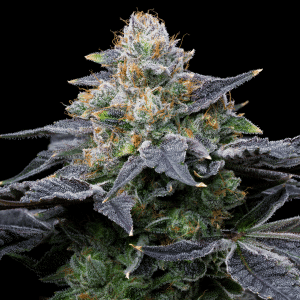
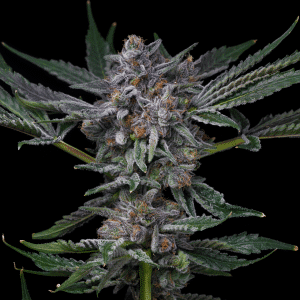
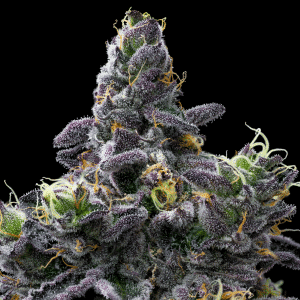
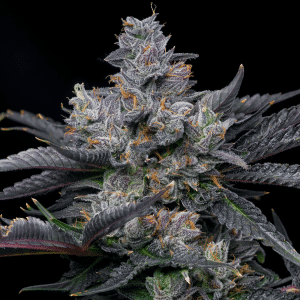
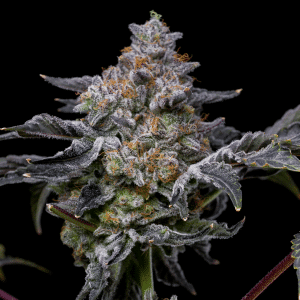
Offers
This product is not for use by or sale to persons under the age of 18. This product should be used only as directed on the label. It should not be used if you are pregnant or nursing. Consult with a physician before use if you have a serious medical condition or use prescription medications. A doctor’s advice should be sought before using any hemp products. All trademarks and copyrights are property of their respective owners and not affiliated with nor do they endorse this product. These statements have not been evaluated by the FDA. This product is not intended to diagnose, treat, cure or prevent any disease. By using this site you agree to follow the Privacy Policy and all Terms & Conditions printed on this site. All products contain less than 0.3% Cannabinoid-compliant with applicable Federal Laws. Please make yourself aware of any and all applicable laws regarding hemp in your jurisdiction. Premium Cultivars accepts no liability or responsibility regarding germination laws in any specific locale state or national jurisdictions.THCA products are not available for shipment to the following states: Hawaii, Idaho, Minnesota, Oregon, Rhode Island, Utah, Vermont *Note: Products with Total THC content above 0.3% must not be shipped to these states.
We want to help you get your hands on the seeds you want, take 20% off your next purchase when you enter your email below!
We want to help you get your hands on the seeds you want, take 20% off your next purchase when you enter your email below!